As Mark McGwire and Sammy Sosa blasted their way through the record books in the summer of 1998, 17 pitchers allowed home runs to both sluggers. Five of them shared their memories for this story.
Rick Reed, a righty for the New York Mets, allowed McGwire's 13th and 51st homers in 1998. "He was just big. I was like, 'My god, can we just get this at-bat over with?'" Reed said. "Every time he came up, my thinking was, 'Please, God, just don't let him hit the ball back up the middle. Let him hit it anywhere he wants to but not back up the middle.' When I was in the minor leagues, Randy Velarde hit a ball back up the middle, and I kid you not, that hit the button on the top of my hat. If McGwire had hit one back up the middle, I could only imagine what it would've looked like -- or sounded like. Because I wouldn't have seen it."
Jim Parque was a rookie for the Chicago White Sox in 1998, and the first two home runs he allowed in his big league career were to Sosa on June 5, and McGwire on June 10. He laughed with empathy when he heard how Reed had feared a ball being hit up the middle by McGwire. "Oh, yeah. You've got a gorilla up there in McGwire. Those two guys, they were just epic -- muscle tone, power guys. The way their bats cut the plane, and how it got through the plane, it almost looked like every pitch was going to come back through the middle. ... With Sosa and McGwire, it was basically like they had a tee there and the barrel was there the whole time. As a pitcher, you're thinking, 'How the hell do I pitch around this?' That's what we do as pitchers -- pitch around the barrel."
Jason Bere allowed McGwire's 29th home run that season while with the White Sox and Sosa's 56th after being released and signed by the Cincinnati Reds. "It was almost like the whole game was about their at-bats," he said.
'They were masters': It was more than power
Generally, the scouting report on McGwire was to pitch him inside and elevate the ball, and on Sosa, it was to get him to chase breaking balls away. But in '98, both seemed to improve as hitters, the perceived holes in their swings getting smaller.
Parque believes McGwire and Sosa had the same skills that hitters of this era try to find through the use of analytics.
"I didn't appreciate back then what those guys were able to do. Those guys had it all," he said. "They might not have defined it in [modern] terminology, but they knew back then exactly what they were trying to accomplish. Plate coverage -- get the barrel in the zone as quickly as you can and keep it there as long as you can. They had really big flat spots in their swings, rather than coming down and trying to create backspin. They worked on meeting the ball squarely -- maybe not matching pitch plane, but the flatter the barrel is through the zone, the more opportunity you will meet the pitch plane. They were masters at it, and that's why they did so well."
Andy Benes, who played for the Arizona Diamondbacks in 1998 and surrendered McGwire's 31st and Sosa's 43rd, said of McGwire: "I don't think people realize that he was a really good hitter. ... He didn't swing at a lot of bad pitches, and when you made a mistake, he had a pretty good opportunity to put the barrel on it. So he wasn't just purely a power hitter. I remember him as being a better low-ball guy -- he'd drop the barrel on the ball, and that's not as common for right-handed hitters.
"He would never take practice swings when he was in the on-deck circle. He would visualize, and he knew what every pitcher could do. He took good, quality at-bats. He was a patient hitter, but when he got a pitch to swing at, he cut it loose."
Reed on McGwire: "He was just so strong. You could make him look like a fool with an off-speed pitch, so that he was out on his front foot, and he'd still hit the ball 450 feet. You just hoped he didn't come up to the plate with the bases loaded, or a couple of guys on."
Benes on Sosa: "He could really cover the plate. He could hit a lot of balls the opposite way. Tremendous power, bat speed. He was more of an up hitter. In those years, in the mid-to-late '90s, he was a really hard out. ... When he was dialed in, he was one of the best hitters in the game because he could take the ball the other way. ... Mike Piazza was like that. ... You had to work on keeping the ball down and make [Sosa] aware you might come inside."
Reed: "Those guys just had a magical year that we will never see again. We may see one guy -- Pete Alonso, he may hit like 2,000 home runs -- but I don't think we'll see multiple guys hitting 60, 70 home runs. No way. I don't think so."
'I yelled for the grounds crew': How it felt when they went yard
Because of the history being made, the pitchers mostly carry indelible memories of the home runs they allowed to McGwire and Sosa.
Reed, on McGwire's 51st: "I'm into watching videos, and sometimes I'll bump into an old Mets game from '85 or '86, and sometimes they'll throw in games from '98 -- and guess what one of them is. First inning. It was like a moon shot. Four hundred feet straight up in the air, and about 500 feet out."
Benes allowed a grand slam to McGwire on June 12. "First at-bat, I threw him three pitches, three heaters, and he swung through. So I was like, 'OK, I got him, I know what I can do.' The next time, I tried to throw it by him. He hit it so high that I thought it might hit the roof, but it may have been his shortest home run; it was only three or four rows deep, but it was hammered straight up in the air."
Benes surrendered a two-run Sosa homer on Aug. 5. "He didn't care if the wind was blowing in or out. That guy could flat-out rake. I don't remember that one, but I'm sure he got it up in the air and it went a long way."
Parque allowed McGwire's 30th homer. "I left a changeup out over the plate, and I tell you what, when I released the ball, I yelled for the grounds crew to bring the [protective] L-screen out, because he was on it. Facing those guys, you were facing the greatest hitters in the world at that point.
"I remember that when I gave up that home run to Sammy [in June], feeling the awe of what he was accomplishing as a hitter. I know he hit a fastball -- I left it out over the plate. I released the pitch, and I heard the roar of the crowd. Usually you see where the ball goes, but his bat speed was so big, I didn't see where the ball went. I was just hoping that it stayed in the park. But then I saw him start jogging, and I was like, 'Welp, I'm another on the baseball card.'"
Bere, on Sosa's 56th: "It was one of those line-drive wind-cutters. I think it went in the basket." On McGwire's 29th, which was hit down the line in Chicago: "He just kind of muscled that one out of the park. It was one of those ones where when he hit it, you were thinking, 'Did he get it? I'm not sure.' And then, while it's still in flight, you're like, 'Well, it is McGwire.' Anybody else hits the ball like that and it's a popup to the third baseman."
'Is there a loudspeaker in your bat?' BP as a must-see
As Sosa and McGwire continued to pile up home runs, their pregame batting practice sessions became must-watch -- for fans but also for players.
Willie Blair, who gave up Sosa's 39th and McGwire's 50th, began the '98 season with Arizona. "I remember sitting in Bank One Ballpark, in the third-base dugout, watching Mark take batting practice -- and I watched him hit one completely out of that stadium. If you know the stadium, you've got those big panels that go around the outfield and open up like doors. When he hit that one, there were people standing out in left-center, and they were looking up. All of a sudden, it goes out through one of those panels. I saw that happen. It was one of the most amazing things I've seen. I just couldn't imagine a ball going that far, especially during batting practice. That was crazy. ... There was like electricity in the air when those guys came up for batting practice, big cheers from the fans whenever they would hit one out. They were as excited as we were. They were in awe to see them hit the ball so far."
Benes: "That was so much fun to watch. Just ridiculous. [McGwire] would amaze teammates who watched him every day, and we'd go out for batting practice just to watch him."
Reed: "I used to break my neck to get to the ballpark early, maybe if they were taking early batting practice. When we were home, we'd take batting practice first, but after we were done, I hung out a little bit, to see them crank 'em ... and to think, 'Thank god I'm not pitching tonight.'"
Parque: "With those guys, the ball just sounds different off their bats. Everybody else sounds like they're swinging wet newspapers, and these guys come up and you're like, 'Is there a loudspeaker in your bat? What's going on?'"
When Bere pitched against the Cardinals in St. Louis, he made a point of not participating in batting practice, because he knew McGwire would take his swings just before Bere's group. "I didn't want to sit out there and watch him take batting practice, because that's just a bad mental image for me. I would just sit in the clubhouse, because I didn't want to watch him hit where every pitch thrown is a homer.
"On the days I didn't pitch, yeah, I'd watch it. When he did his little bat waggle, you could almost see his forearms rippling."
'YOU OWN ME!!' What they were like behind the scenes
Both players signed autographs voluminously not only for fans but also for teammates and opponents.
As Blair recalled: "I was with Arizona and I pitched against the Cardinals in June, and that was going to be the last time we faced each other for the rest of the year. I remember after the game walking over to the Cardinals' gym so I could work out. [McGwire] was talking with a bunch of reporters, and he stopped in the middle of his interview and said, 'Willie, I'm going to send you something in a few minutes.' I said, 'OK, perfect.'
McGwire did not hit a homer in the game that day. "I got done with my workout and went back to my locker, and there's a bat in one of those big sanitary socks. So I pulled it out, and it says, 'To Willie. YOU OWN ME!!' Signed, No. 25, Mark McGwire. ... I think he knew he was doing something very special that year, and I think he was just giving me a tip of the cap. It was his way of saying, 'You got me, and you got me in our careers.' I'm sure he thought he wasn't going to face me again. Sure enough, I got traded to the Mets, and they had a bunch of makeup games, and I ended up starting a game in a doubleheader against [the Cardinals]. First at-bat, I punched him out. Second at-bat, he hit a soft loopy line drive to third base. Next at-bat, he homered to left-center. He finally got me."
It was No. 50 for McGwire, which marked three consecutive seasons reaching that total, something that had never been done. "After the game, he called me in the clubhouse, and he said, 'Willie, I don't want to offend you, but I'm going to sign a ball a certain way for my teammates and coaches. But because tonight's a part of history, I'd like to send you one, too.' I was like, 'Heck, yeah, send it over.' So he sent me over a ball that said, 'Mark McGwire 50-50-50.'
"That's something I can tell my grandkids."
Though Benes pitched for Arizona in 1998, he was a teammate of McGwire's in St. Louis during two different stints and watched him cope with the burden of superstardom. "I just got done watching the Jordan documentary ['The Last Dance']." People don't realize that when they go on the road, those guys can't just go to the mall and walk around and kill time. They have to stay in their hotel room, and Mac was like that. There was just a lot more pressure.
"I remember asking him for an autograph one day [in 2001]. I can't remember who it was for, but I didn't have anything from him. He was like, 'Gosh, does it ever end?' I said, 'Mac, you sit there on getaway day and sign 200 items for the other team.' It was amazing. He would sit in the laundry and sign things for the other team, and he did it for every team, and at some point you get tired of it, right?
"I'm like, 'Forget it, I don't want it.' He was like, 'Bring it back.' I said, 'No, I don't want it.' I pitched the next day, he hit two home runs, and he broke his bat in his last at-bat -- it was a single. The next day, I walk in and there was a bat in my locker -- that bat that he broke -- and he wrote on it, 'Congrats, Andy -- great win,' with Nos. 558 and 559 on it." As a teammate, he was pretty quiet, he went about his business. He would help anybody, but it's hard for those [superstars], with the pressure."
'MLB back on the map': The record-breaker and its legacy
Players followed the progress of Sosa and McGwire as they closed in on Roger Maris' record of 61. McGwire broke the record on Sept. 8, in a game against the Cubs, and he and Sosa famously celebrated together -- unusual for the old-school culture of that time -- and McGwire shared the moment with the Maris family.
Benes: "It may have been his shortest home run of the year -- there couldn't have been one shorter. When I think about Big Mac and that whole run, he loves baseball. He loved the history of the game. So he knew ... he knew it was an epic moment. He was so respectful of and cared about the Maris family, because he loved the game, and the past. It was super cool to see that. You don't see guys giving hugs running around the bases. Guys are competing and wanting to win, but it was beyond baseball at that point for both of those guys. For everybody in baseball, it was a super cool thing to watch. I'm sure there are 400,000 people who say they were at Busch Stadium that day."
Reed: "It was pretty cool. McGwire misses first base, and they have to push him back.'"
Bere: "The fraternizing during the game, that did not go on a lot [in that era], certainly not as much as it does now. I'm not saying it's right, wrong or otherwise, but it just didn't happen as much. ... You look now, people hit a home run and they have a whole skit put together that they've been working on for three days in the clubhouse. It's just a different way that people celebrate and enjoy the game. Who's to say that fans don't like that? I think fans do like that, for the most part."
A narrative developed that McGwire and Sosa saved baseball after the 1994-95 labor strife that included the cancellation of the '94 World Series.
Benes: "With those guys going back and forth every day with home runs, it was just different than anyone had ever seen. And they were both dynamic players. People really got into it, and even as an opposing player, playing on the West Coast, we would watch those guys hit. Sosa would be playing during the day [in Wrigley Field], and when you'd be getting to the ballpark, you'd watch those at-bats. Everybody was excited to see, 'OK, what are they going to do today?' In any pitch of any at-bat, they could've hit it out.
"There were a lot of things that helped baseball come back, but there was so much excitement with [McGwire/Sosa in '98]. It really [attracted] the next generation of fans. People like watching home runs. ... I think fans would rather see a game in which home runs are being hit than a 2-1 game."
Blair: "It seemed like [McGwire] respected people and handled everything the right way that year. He and Sosa, the way they handled that, really got MLB back on the map. They had fun with it, and I know it was fun to watch. It wasn't fun giving up the homers, but it was fun to watch."
Bere: "What happened [with Sosa and McGwire] was one of the moments for fans in general to gravitate back toward the game. ... Who doesn't like people chasing down records? I think that's what records are there for, you know?"
They're 'bona fide Hall of Famers': On PEDs and Cooperstown
After McGwire retired, he acknowledged using performance-enhancing drugs. Sosa has never admitted use, but there was always a broad assumption that he -- like many, many players of that era -- benefited from PEDs.
Reed: "I don't feel cheated one bit. As a matter of fact, I feel blessed that I got to face those guys.
"Bro, I was just lucky to be where I was. Now would I have done what other people accused them of doing [with PEDs]? No. If they did things that enhanced [their performance], they have to live with that -- I don't. I feel for them, but in another way, I don't. You made your bed, you have to lie in it."
Benes: "Some guys who did it flew under the radar. They aren't looked at as cheaters, while other guys paid the price. I just look at those guys [McGwire and Sosa] as they made mistakes."
Parque: "At the end of the day, those two guys -- they still had to hit the damn ball. They still had to do it early and often. No amount of banned or unbanned substance is really going to help you with that. It might speed up your bat, give you a little extra, but that doesn't really matter, because you still have to square up the ball, in a 2-inch-by-2-inch area, on a ball that potentially make you seasick because of how much the ball moves. Have you ever stepped into a box? You need Dramamine because the ball moves so much."
Bere: "When people were taking that, it turned a great player into [a] superhuman. It turned a marginal player into a very good player. ... It's safe to say if they didn't take that, things would be different. I don't know how different, I don't how the numbers would be different. I have no idea, none of us do. But I don't think it's my place to break down what that would be. I don't want to get involved in that. Do I think it was wrong? Yeah. But if someone chooses to do that, like corking a bat or anything illegal, they live with [the repercussions] moving forward.
"I don't know if any of us knew how widespread it was. But obviously it was, and it wasn't just hitters. A lot of pitchers, too."
Blair: "I've just kind of accepted it was part of the game. It doesn't mean they were bad people. I'm not a fan of it, but at the same time, I don't have any ill will toward anybody who did that. In my career, I probably talked about it more than I do now, as far as not being happy about that being in the game. I still don't think it was a good thing. I've gotten past it. As far as I'm concerned, it was just part of the way the game used to be."
Neither McGwire nor Sosa has come close to election to the Baseball Hall of Fame, with McGwire never polling higher than 23.7% before dropping off the ballot in 2017 and Sosa receiving 13.9% of the vote this past election year, his eighth on the ballot.
Benes: "Those two guys are bona fide Hall of Famers. There are guys who have done PEDs who are in the Hall of Fame. ... I could go back in the last 20 years, in the era that I played in, and say, 'That guy did something, that guy, that guy,' and some of them actually got in trouble for it -- and they're still voted in.
"I think you just have to say: 'This is what the guy did [in production], these are the numbers he put up.' It's not a morality test. ... Those guys are Hall of Famers, some of the best to ever play the game."
Parque: "It's special to have played in the era that I played. ... It was special to be a part of history. I didn't want to be, and I don't want to be, but I'm fortunate. I feel blessed that I was able to face those guys, two of the greatest hitters of all time, but also a part of that home run chase. I got to be honest -- it's an honor to be a part of it. It's not an honor to give up the bombs, but it's an honor to be a part of it."


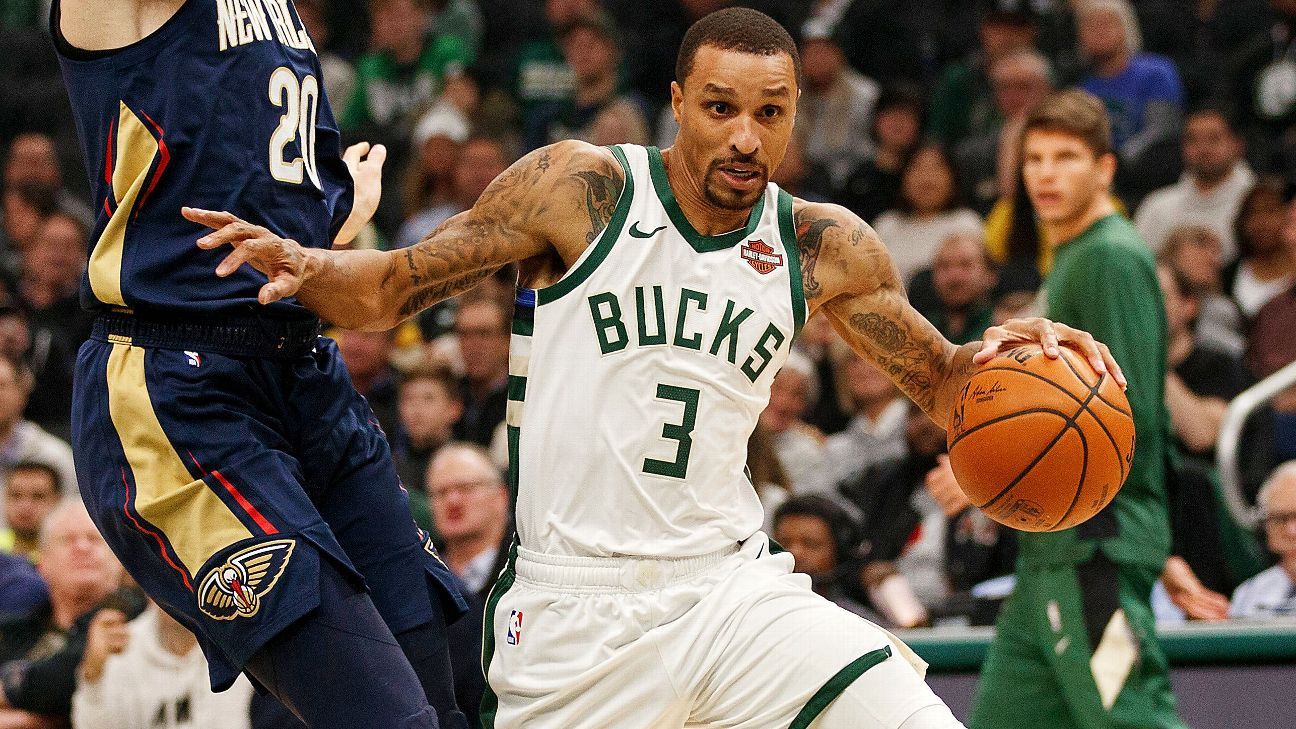

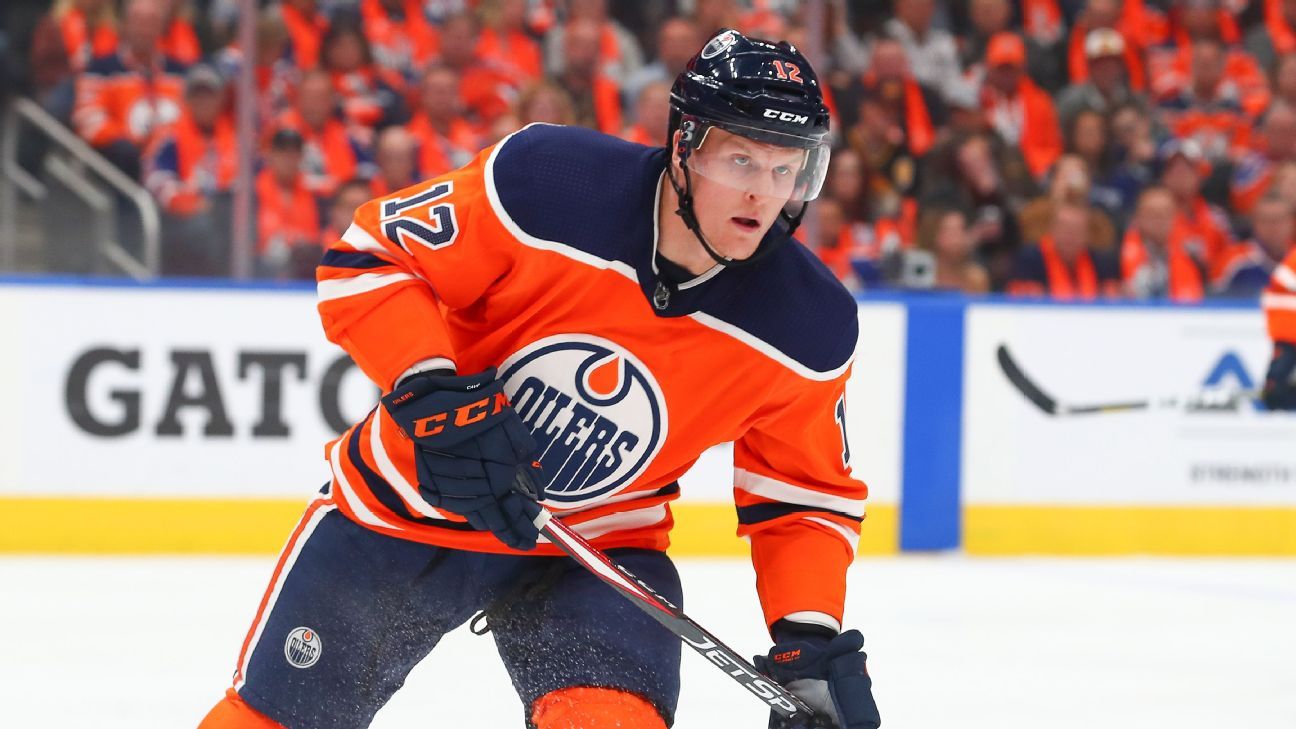


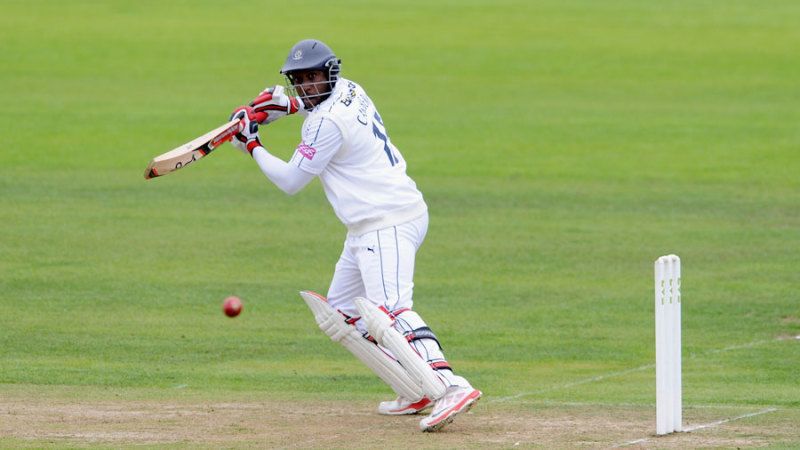
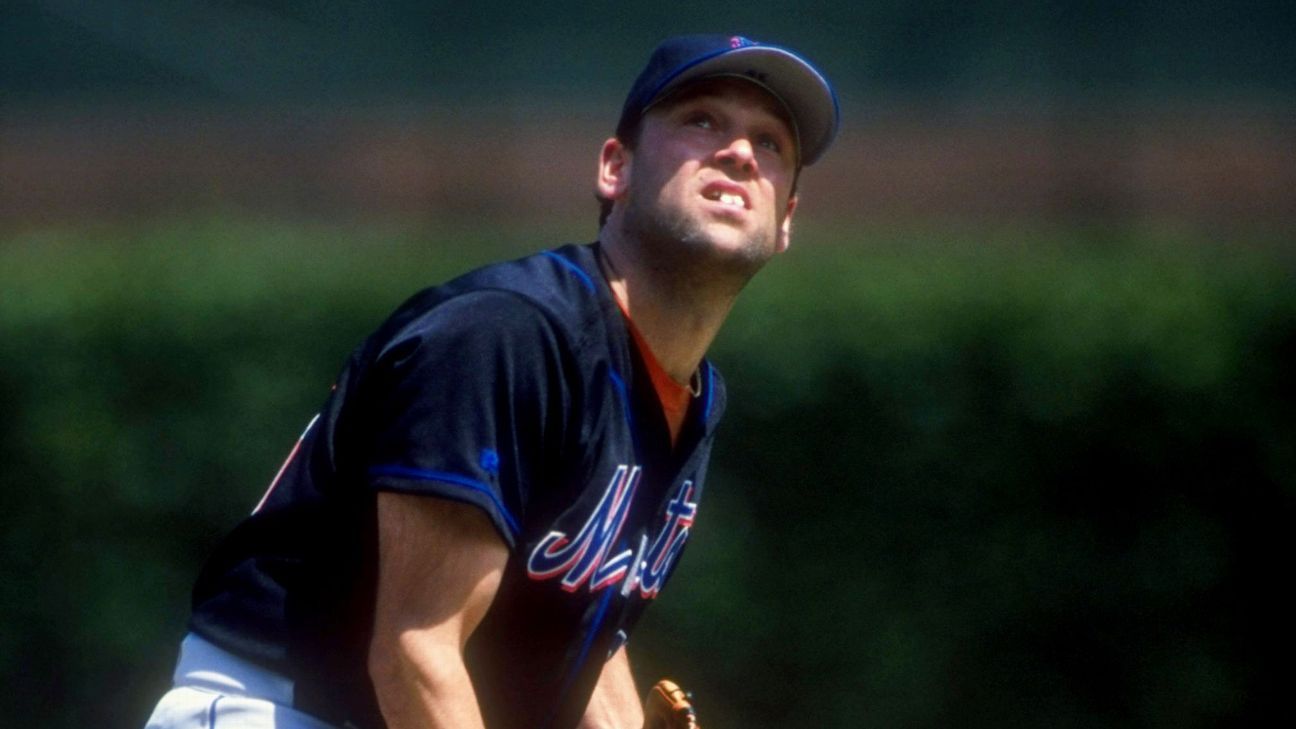

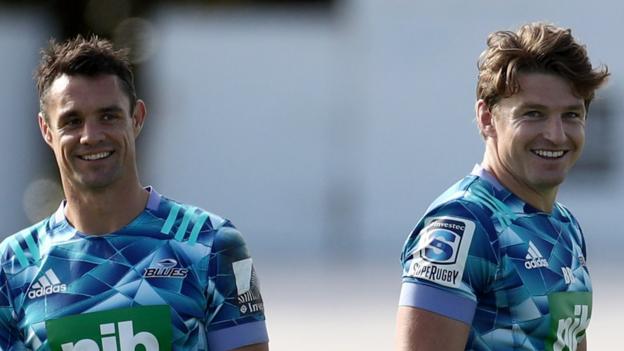
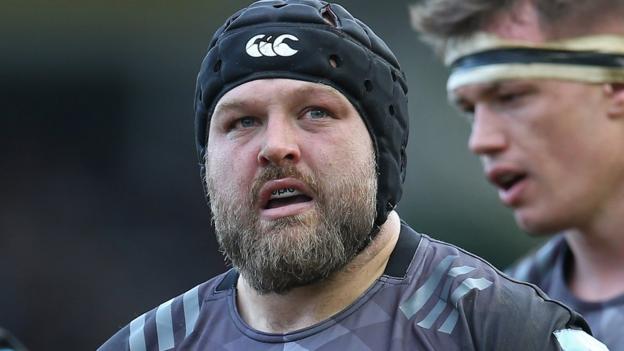
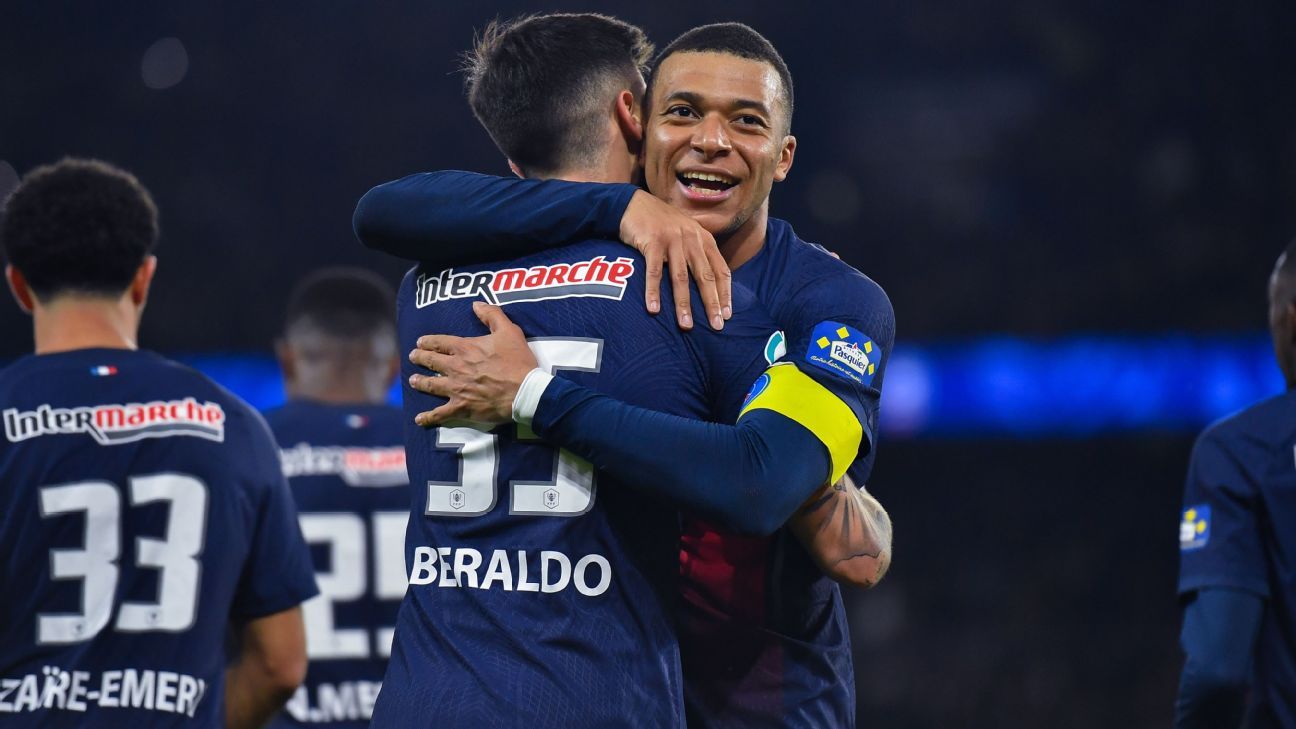
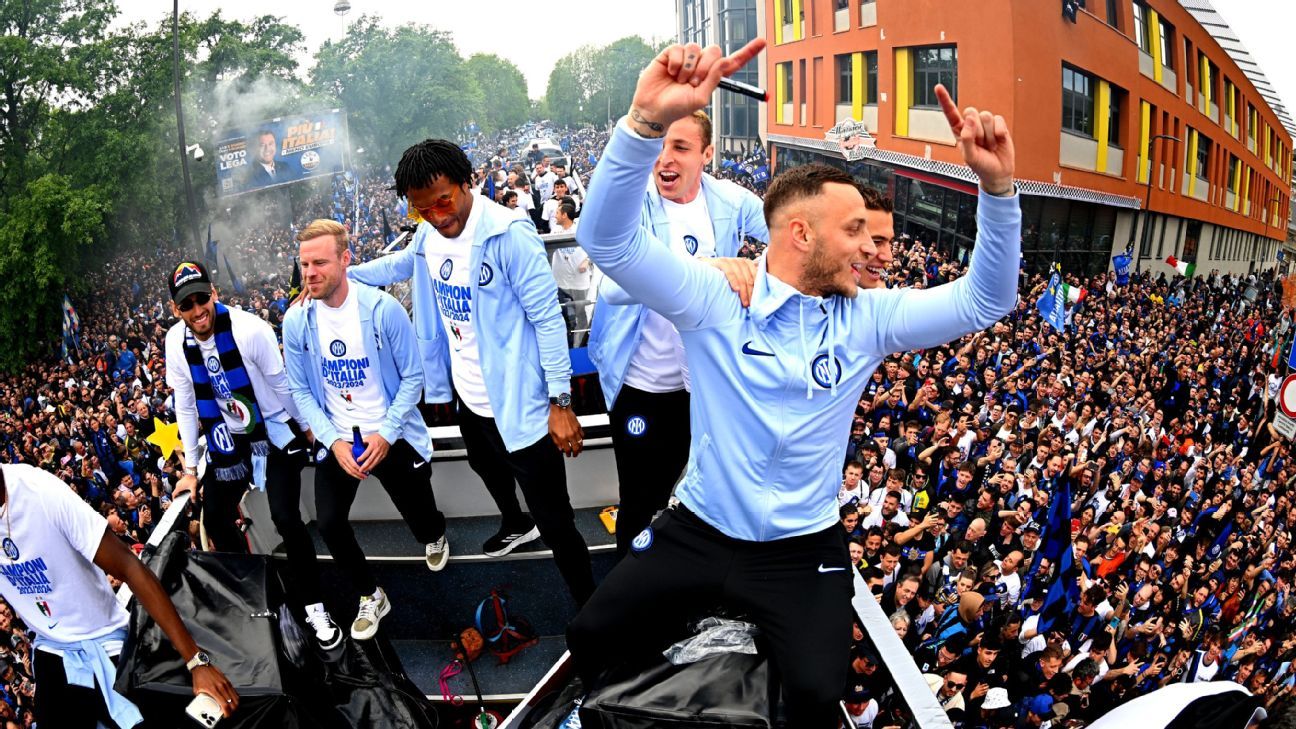






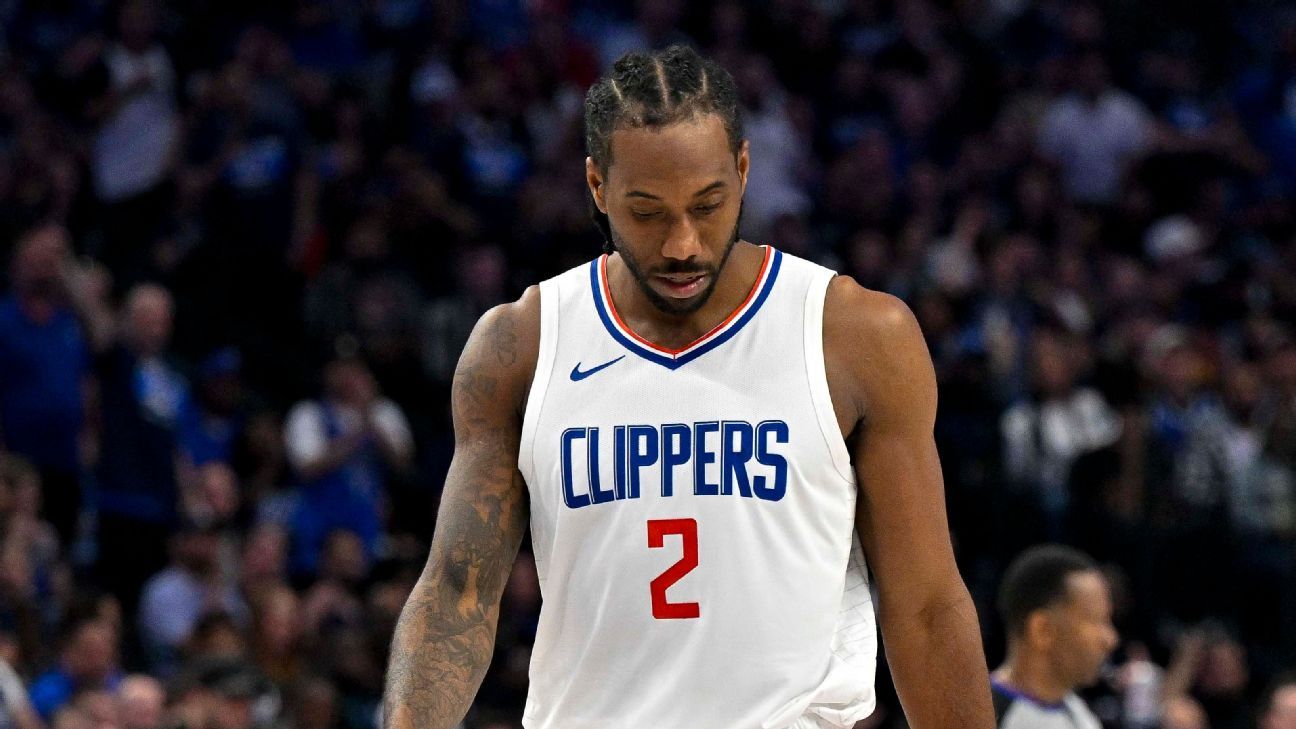
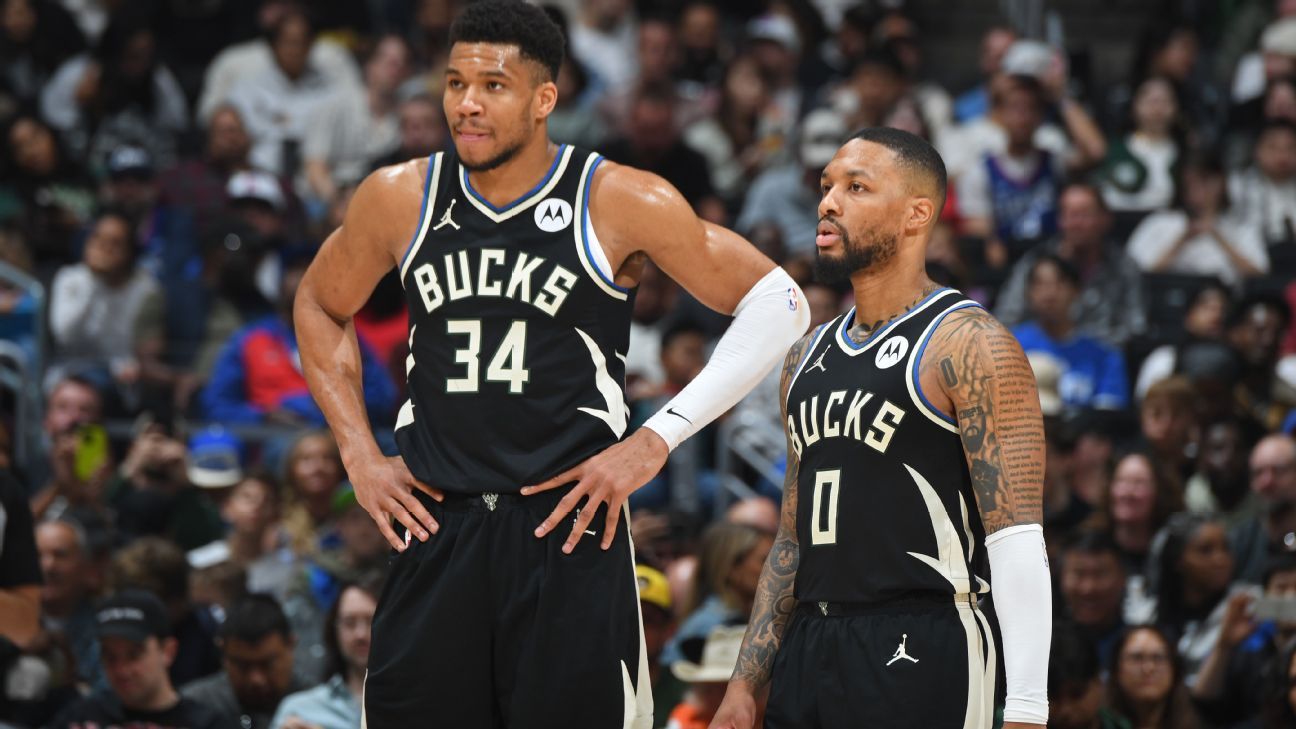
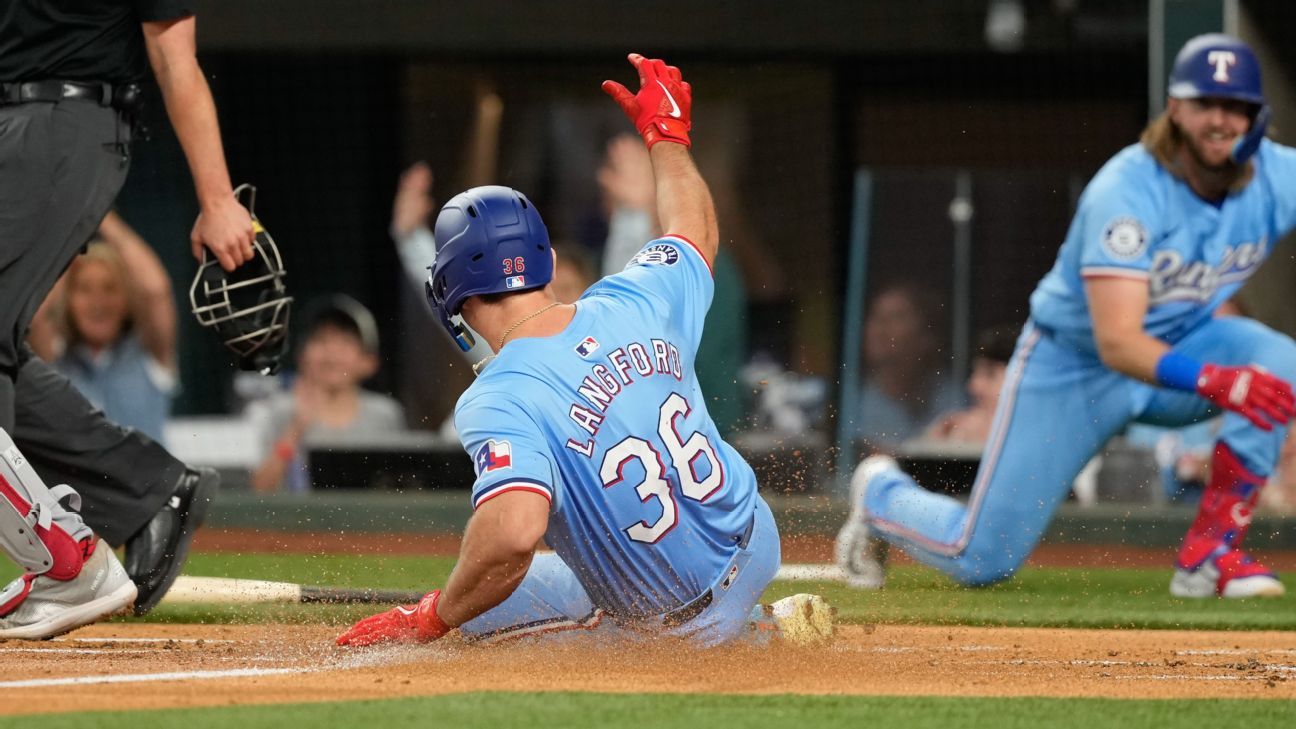
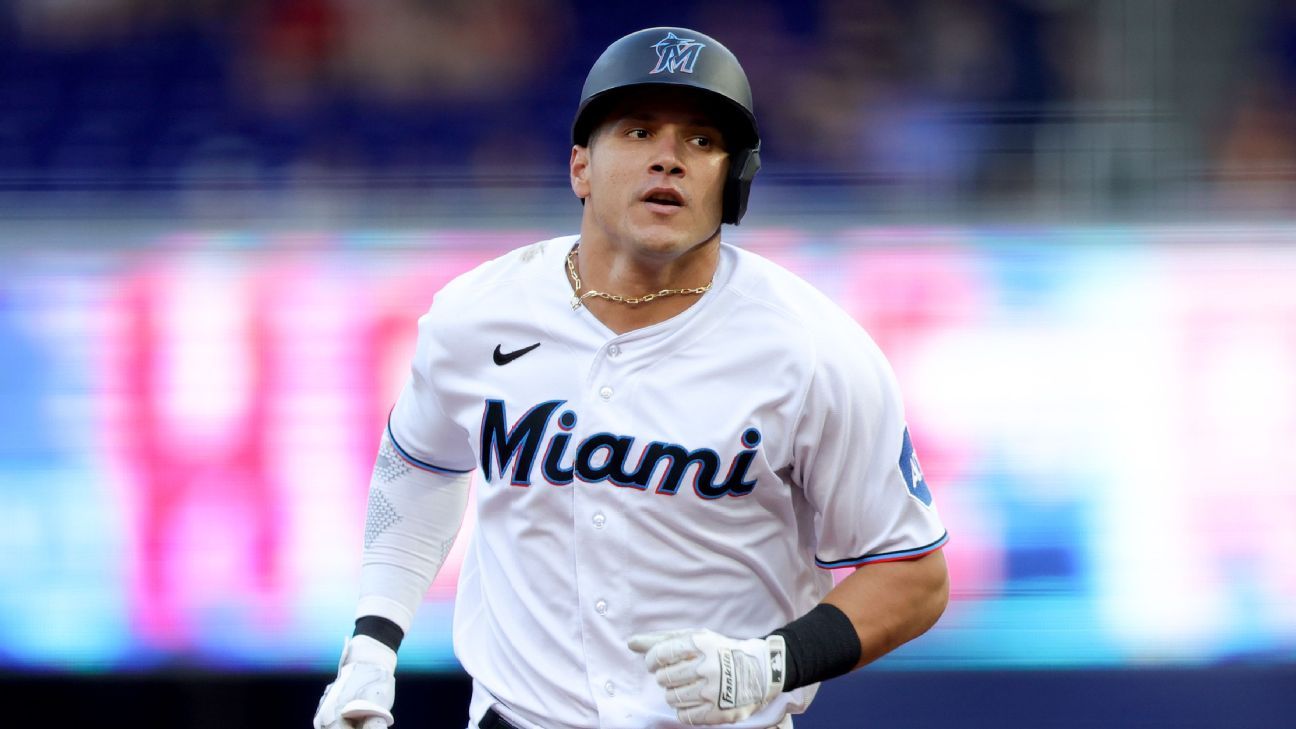

 Phone: (800) 737. 6040
Phone: (800) 737. 6040 Fax: (800) 825 5558
Fax: (800) 825 5558 Website:
Website:  Email:
Email: 






